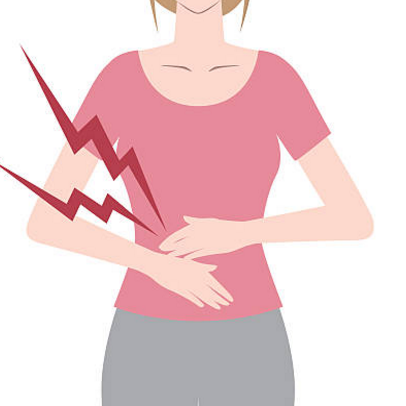General Information
Constipation is a common condition in the digestive tract characterized by difficulty passing stools. Commonly, patients report symptoms such as infrequent bowel motions, difficulty or straining when passing the stool or a sensation of incomplete evacuation. Constipation may be associated with abdominal pain which is relieved after passing a bowel motion, bloating, tiredness, reflux, nausea and increased flatulence.
Necessary Investigations
To investigate your condition, your Gastroenterologist may order further investigations such as blood tests, stool tests, abdominal x-ray, abdominal ultrasound, colonic transit studies, Panendoscopy and / or Colonoscopy but any necessary tests will be discussed with you when you see your doctor at consultation.
To aid with diagnosis and treatment planning, please bring results of investigations performed to date with you to your appointment.
Causes
Constipation may be caused by medications, low activity of the thyroid, elevated levels of calcium in the blood and rare genetic disorders (to name a few), but after these have been excluded the most common cause of constipation remains unclear.
Research conducted at the Centre for Digestive Diseases4 and elsewhere1,2,3 indicates that an altered gut microbiota may be a cause in this subset of patients.
Treatments
As the chronic constipation may stem from bacteria, after excluding other causes for your condition, your gastroenterologist may consider targeting your treatment at the gut microbiome 1,5.
Contact Details
If you would like to see one of our Gastroenterologist to discuss your condition, please refer to the following link for instructions on how to become a patient at the Centre for Digestive Diseases: https://centrefordigestivediseases.com/how-to-become-a-patient/.
Further Reading
1 Ohkusa, T., Koido, S., Nishikawa, Y. & Sato, N. (2019). Gut Microbiota and Chronic Constipation: A Review and Update. Frontiers in Medicine, 6(19), 1-9. Doi: 10.3389/fmed.2019.00019.
Link to Publication: https://www.ncbi.nlm.nih.gov/pmc/articles/PMC6379309/pdf/fmed-06-00019.pdf
2 Zhao, Y. & Yu, Y. (2016). Intestinal microbiota and chronic constipation. SpringerPlus, 5, 1-8. Doi: 10.1186/s40064-016-2821-1.
Link to Publication: https://www.ncbi.nlm.nih.gov/pmc/articles/PMC4951383/pdf/40064_2016_Article_2821.pdf
3 Zhu, L., Liu, W., Alkhouri, R., Baker, R.D., Bard, J.E., Quigley, E.M. & Baker, S.S. (2014). Structural changes in the gut microbiome of constipated patients. Physiological Genomics, 46(18), 679-686. Doi: 10.1152/physiolgenomics.00082.2014.
Link to Publication: https://journals.physiology.org/doi/full/10.1152/physiolgenomics.00082.2014
4 Borody, T.J. (2016). Development of novel therapies for gut dysbioses. Open Publications of UTS Scholars (OPUS). Identifier: http://hdl.handle.net/10453/52985
Link to thesis: https://opus.lib.uts.edu.au/bitstream/10453/52985/6/01front.pdf
5 Borody, T.J., Eslick, G.D. & Clancy, R.L. (2019). Fecal microbiota transplantation as a new therapy: from Clostidioides difficile infection to inflammatory bowel disease, irritable bowel syndrome, and colon cancer. Current Opinion in Pharmacology, 49, 43-51. doi: 10.1016/j.coph.2019.04.017
Link to thesis: https://www.sciencedirect.com/science/article/abs/pii/S1471489219300220?via%3Dihub

